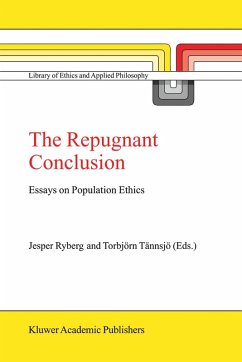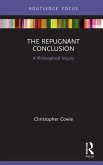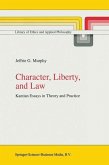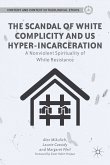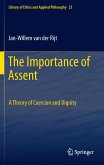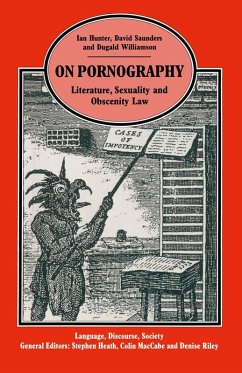This book is a must for (moral) philosophers with an interest in population ethics.
Dieser Download kann aus rechtlichen Gründen nur mit Rechnungsadresse in A, B, BG, CY, CZ, D, DK, EW, E, FIN, F, GR, HR, H, IRL, I, LT, L, LR, M, NL, PL, P, R, S, SLO, SK ausgeliefert werden.
"The strongest quality of this manuscript is that a very important problem in theoretical ethics gets a thorough treatment from different angles and by highly qualified authors. [...] it is very readable and suggestive. The introduction ties the contributions together in an instructive way and the various contributions are arranged in a logical way. Furthermore, the contributions all seem to take part in the same discussion and seem to be aware of each other. This gives freshness to the book. [...] the contributions are imaginative and pedagogical."

